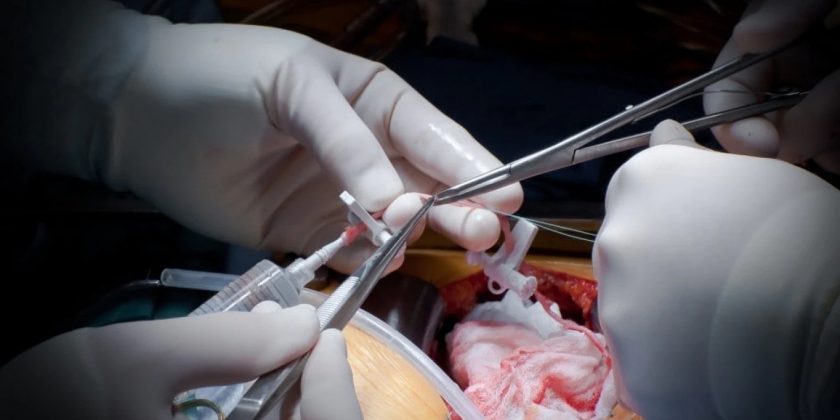Heart bypass surgery, also known as coronary artery bypass surgery, is a common surgery. Surgeons perform this surgery to replace arteries that are damaged. The doctor takes blood vessels from other areas of the body and replace the heart’s damaged arteries.
Doctors recommend bypass surgery when coronary arteries are damaged or blocked. Coronary arteries supply oxygenated blood to the heart. The heart fails to function properly when blood flow becomes restricted. If this condition is neglected for a long time, heart failure can take place.
Heart-bypass surgery and its types:
Based on the number of blocked arteries, a surgeon performs a specific type of surgery. These are the four types of coronary artery bypass surgery:
- Single bypass- If there is one blocked artery.
- Triple bypass- If there are three blocked arteries.
- Double bypass- If there are two blocked arteries.
- Quadruple bypass- If there are four blocked arteries.
Your chances of experiencing a heart failure or a heart attack depend on the exact number of blocked arteries. Maximum blockage makes the surgery complex.
Risks of bypass surgery:
Just like open-heart surgery, heart bypass surgery also involves several risks. Recent advancements in the field of technology have resulted in the improvement of the procedure. This increases the chances of the surgery to become a successful one.
Complications that some patients face are blood clots, infection, bleeding, chest pain, arrhythmia, infection, low-grade fever, and partial loss of memory. Some of severe consequences of surgery include permanent loss of memory, stroke, and kidney failure.
Are there any alternatives to bypass surgery in the heart?
In the past few years, various alternatives have emerged to bypass surgery. These include:
- Balloon angioplasty- Among all the alternatives to bypass surgery, balloon surgery is the most common one. The doctor threads a tube through your artery that is blocked. After that, they inflate a balloon that widens the artery. After removal of the balloon and the tube what remains in their place is a metal scaffold. Balloon angioplasty is less effective than bypass surgery. On the other hand, it also involves less risk.
- Medications- In case of blockage of one artery, doctors often suggest medicines that you can try before deciding to take help of surgery. Baby aspirin, for instance, lessens chances of heart attacks. Follow this link to buy heart medicines prescribed by your doctor: http://pharmacy-house.com/list-medical/antibiotics-pills-without-prescription.php.
- EECP- EECP stands for enhanced external counterpulsation. This outpatient procedure is quite effective and many people are opting for it. In this procedure, compression of blood vessels takes place in the lower limbs. This results in increase of blood flow to the patient’s heart. EECP requires regular administration for a period of seven weeks.
- Lifestyle and diet- The best way of preventing heart block is maintenance of a heart-healthy routine. Avoid trans fats and make sure that your diet is rich in omega-3 fatty acids. Exercises like cycling, running, swimming, and walking are also good for the heart.




